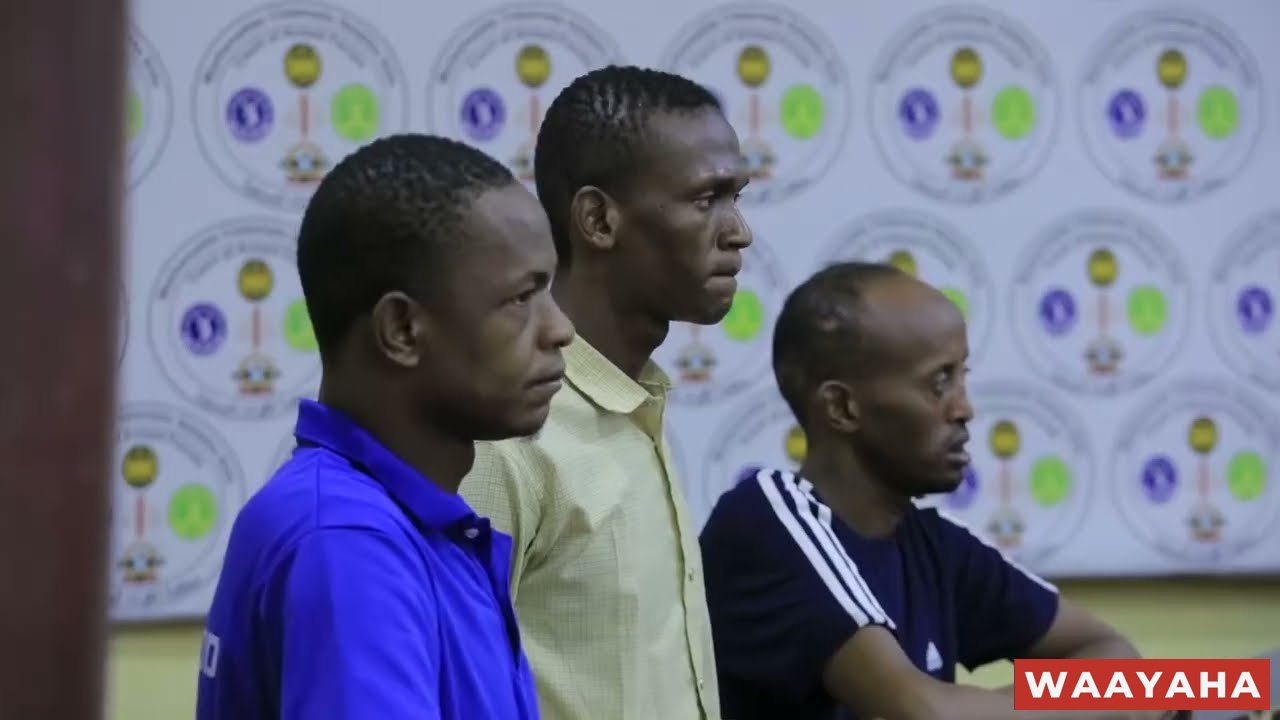A Somali military court has delivered its verdicts in the high-profile case against three individuals accused of involvement with the al-Shabaab militant group. The trial, which took place in Mogadishu, highlighted the nation’s ongoing efforts to combat terrorism and maintain security.
The defendants, identified as Mayo Cumar Axmed, Abow Cabdu Cabdulaahi, and Shuceyb Cali Xasan Cabdow, faced various charges related to their alleged roles within al-Shabaab. The prosecution presented evidence linking the accused to specific terrorist activities, including attacks on Somali National Army bases and civilian targets.
During the proceedings, the prosecution called for the maximum punishment allowable under Somali law, citing the severity of the alleged crimes committed by the defendants. The defense team, on the other hand, argued for leniency, claiming mitigating circumstances and lack of concrete evidence.
After deliberations, the court delivered its verdicts. Mayo Cumar Axmed, considered a high-ranking member of al-Shabaab, was found guilty of multiple offenses, including participation in terrorist acts that resulted in loss of life. The court sentenced him to a lengthy prison term, reflecting the gravity of his involvement.
Abow Cabdu Cabdulaahi, another defendant, was also convicted of terrorism-related charges and received a severe punishment for his role in the group’s activities.
However, the court acquitted Shuceyb Cali Xasan Cabdow, citing a lack of substantial evidence linking him to the alleged crimes. The judges determined that the prosecution failed to provide convincing proof of his involvement in terrorist operations.
The verdicts have been met with mixed reactions from legal experts and human rights organizations. While some applaud the court’s efforts to combat terrorism and uphold justice, others raise concerns about the fairness of the proceedings and the potential for human rights violations.
The trial underscores the challenges faced by Somalia in its fight against al-Shabaab and other extremist groups. As the nation continues to grapple with security threats, the role of the judicial system in delivering impartial justice and upholding the rule of law remains crucial.



